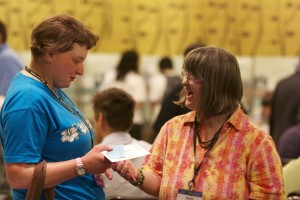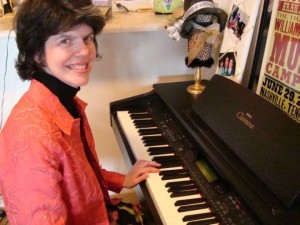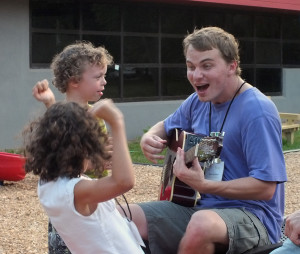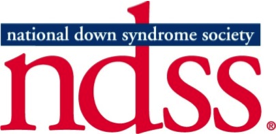Social Security Trustees Release 2014 Report
The Social Security Trustees have released their annual report on the current and projected financial status of the Social Security trust funds. Similar to 2013, the 2014 findings show that Social Security is fully solvent until 2033, but faces a moderate long-term shortfall. In 2013, Social Security took in roughly $32 billion more than it paid out. Its reserves were $2.76 trillion in 2013, and are projected to grow to $2.9 trillion at the beginning of 2020. If Congress does not act before 2033, the reserves would be drawn down, and revenue coming into the Trust Funds would cover about 77 percent of scheduled benefits. The 2014 Trustees Report also continues to project that the Disability Insurance (DI) trust fund by itself can pay all scheduled benefits until 2016. If Congress takes no action before 2016, the Trustees project that the DI trust fund will be able to pay about 81 percent of scheduled benefits.
As noted by the Center on Budget and Policy Priorities (CBPP) and the National Academy of Social Insurance, the long-term growth in DI has been predicted since the mid-1990s and is largely due to demographic factors. The U.S. population and the number of workers insured for DI (particularly, women) have grown over the last several decades, and the baby boomers are now in their high disability years.
Traditionally, Congress has reallocated payroll tax revenues between the OASI and DI trust funds to address projected shortfalls. According to the Social Security Chief Actuary as summarized by the CBPP, a modest reallocation of the total OASDI payroll tax, enacted prior to 2016, would allow both programs to pay full scheduled benefits through 2033 — their current combined depletion date. After that, modest increases in revenue can ensure the long-term solvency of the Social Security system for generations to come.
The Arc strongly supports these types of adjustments to ensure the short- and long-term solvency of the trust funds, so that Social Security can remain a lifeline for people with disabilities and their families for generations.














